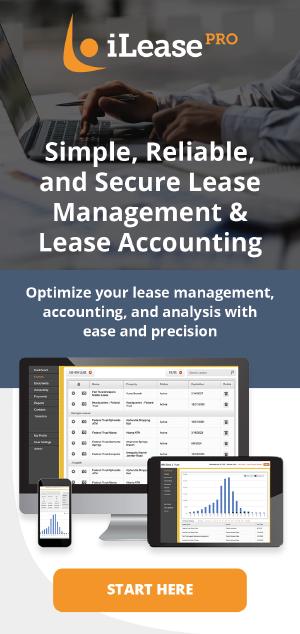How AI is Transforming Lease Accounting Practices

AI will likely have a significant impact on lease accounting in several ways, as it has the potential to enhance efficiency, accuracy, and compliance. Some possible effects of AI on lease accounting include:
- Automation of data entry and analysis: AI can process large volumes of lease agreements and extract relevant data points, such as lease terms, payment schedules, and clauses. This helps to automate the process of data entry and reduces the risk of human error.
- Improved accuracy and consistency: AI algorithms can be trained to identify discrepancies or inconsistencies in lease accounting data. By flagging potential errors, AI can help ensure that organizations maintain accurate and consistent accounting records.
- Enhanced compliance: AI can assist with the application of accounting standards, such as the IFRS 16 or ASC 842, by analyzing lease agreements and determining the appropriate accounting treatment. This helps organizations ensure compliance with the relevant regulations and minimize the risk of non-compliance.
- Faster and more efficient audits: AI can be used to analyze large datasets, enabling auditors to perform more thorough and efficient lease accounting audits. This can help reduce the time and resources required for the audit process.
- Advanced analytics and forecasting: AI can analyze historical lease accounting data to generate insights, trends, and forecasts that can be used for strategic decision-making. This can help organizations optimize their leasing strategies and improve financial performance.
- Streamlined lease management: AI can be used to monitor lease agreements in real time, tracking key events such as lease renewals, terminations, or modifications. This can help organizations proactively manage their lease portfolios and respond to changes in a timely manner.
- Enhanced collaboration: AI-driven tools can facilitate better collaboration between lease accounting teams, auditors, and other stakeholders by providing a centralized platform for communication, document sharing, and workflow management.
- Ongoing learning and adaptation: As AI models learn from new data and experiences, they can continually improve their performance in lease accounting tasks. This can lead to further enhancements in efficiency, accuracy, and compliance over time.
Overall, the impact of AI on lease accounting is expected to be positive, with the potential to transform the way organizations manage their lease portfolios and comply with accounting standards. However, the adoption of AI in lease accounting also brings new challenges, such as ensuring data privacy and security, and managing the ethical implications of AI-driven decision-making.



